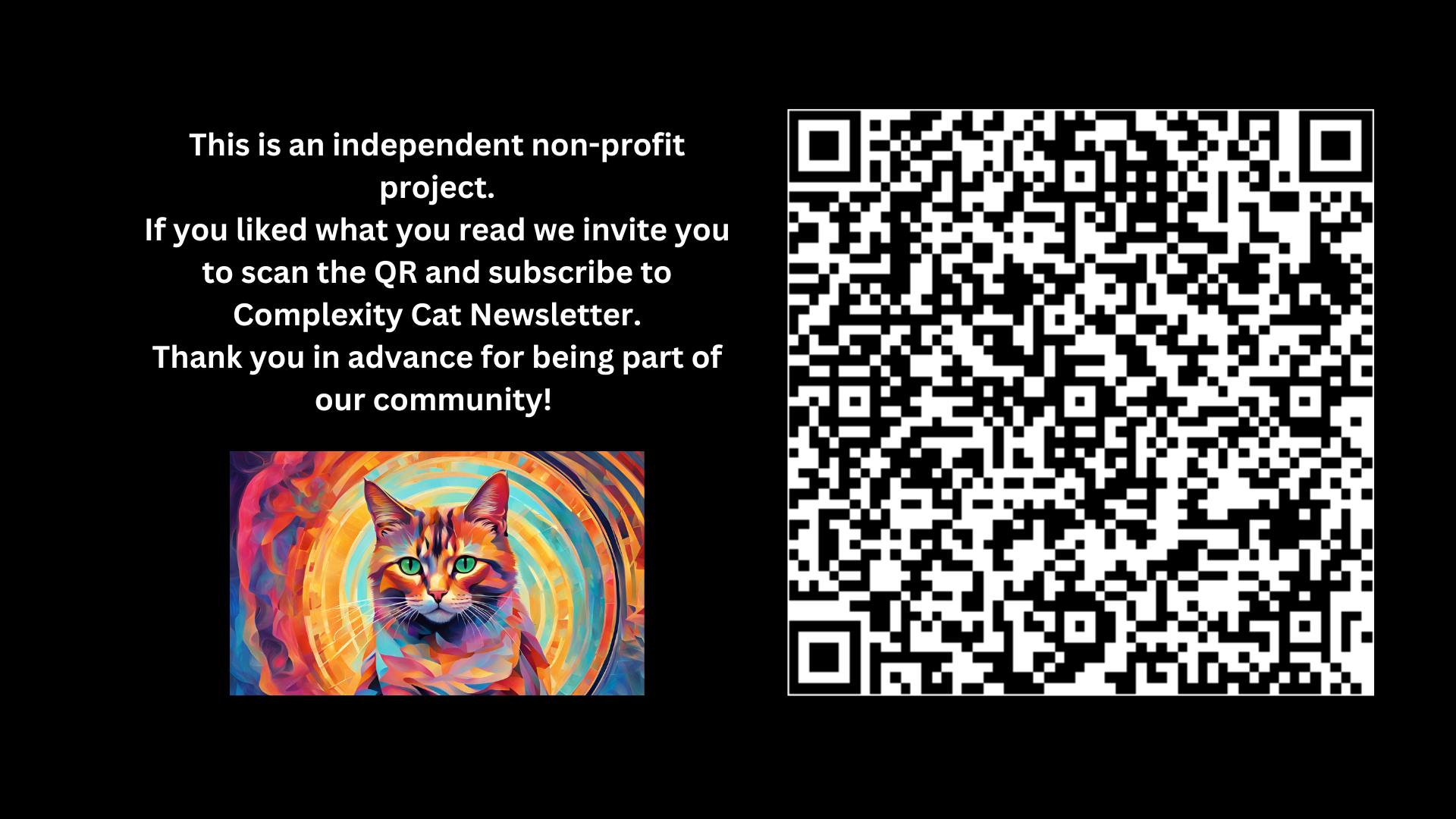CCS Satellite: Networked Criminal Complexity
Are you researching crime & complexity? 🔍🚀 Then, this satellite event at Conference on Complex Systems is for you! We invite you to submit your abstract by May 11 and join the discussion on violence and complex systems.
About
We are proud to announce the 3rd edition of our Criminal Complexity Series workshop, taking place as a half-day satellite event of the Network Science Conference 2025 in Maastricht, the Netherlands. Initially launched at CCS 2023 in Salvador, Brazil, this event aims to explore the insights that can be gained into crime, and its prevention, by studying it from a complex systems’ perspective.
Crime is a multifaceted issue, and is the result of interactions across a number of levels: between groups of offenders, between offenders and victims, and with the environments, economies and societies in which crime takes place. The tools of complex systems therefore provide a way to understand how crime arises and the patterns it generates, as well as the impacts of preventative interventions. This workshop provides a platform to explore the insights that can be gained using these approaches.
Criminal Complexity provides a platform for academics, practitioners, and policymakers to converge and exchange insights. Participants will employ advanced methods from complexity science, while drawing on a number of other fields (e.g. criminology, sociology, physics, computer science & mathematics) to understand the intricate web of factors influencing criminal behaviour. Furthermore, a core aim of the workshop is to promote linkage between academic research and real-world practice, and to foster collaboration – the involvement of practitioners and policymakers is therefore strongly encouraged.
Join us for the first Networked Criminal Complexity session, where we will explore the innovative intersection of network science and criminology. During the workshop, we will investigate how complex network analysis can unravel the interconnected structures underlying criminal activities. By mapping out intricate relationships among offenders, victims, and socio-economic environments, we aim to reveal hidden patterns and emergent behaviours that traditional methods might overlook. This approach not only enhances our theoretical understanding but also equips practitioners and policymakers with data-driven strategies to predict, prevent, and address crime more effectively in our increasingly networked world.
Call for Submissions
Networks are a natural way to represent the organization of diverse types of criminal activities, such as drug trafficking networks between individuals or ports, money laundering networks connecting bank accounts, and human smuggling networks between countries. The grand challenge is to integrate quantitative methods, including network science, with qualitative insights from criminology, in order to uncover patterns, understand underlying mechanisms, and design effective prevention and intervention strategies. This satellite aims to showcase recent advances in network science as a tool for addressing these challenges, foster collaboration and explore synergies between network scientists, criminologists, and diverse stakeholders from both public and private sectors.
Authors are encouraged to submit their contributions related to criminal networks, associated with any type of crimes. Both theoretical and applied contributions are of interest. We are particularly interested in contributions that consider (1) practical applications of network science in crime modelling and (2) stakeholder engagement and science communication. Specific topics of interest include (but are not limited to):
- criminal networks;
- crime modelling;
- criminology theories and network science;
- prevention and intervention designs;
- stakeholder engagement and collaboration;
- inference techniques and crime prediction;
- graph learning and applications;
- criminal network data management and fusion;
- dynamics and structure of transnational crime;
- dynamics of criminal hotspots in cities;
- dynamics of terrorist events;
- financial crime;
- spatial regularities of crime in cities;
- use of social media for crime analysis;
- dynamics of cyber-crime;
- interplay of criminal events and social-economic factors;
- use of communication data in criminal activity;
- detection of criminal organisations;
- relationships between human mobility and crime;
- visualization of illegal activities;
- social network analysis in crime data;
- network-based tools for analysing crime;
- visualization of crime data;
- understanding conflicts leading to crime;
- illegal activity in the dark web;
- fake news;
- political crime and corruption;
Selected contributions will be presented via talks or posters.
Submission Process
Please submit a one-page abstract, including at least one figure to our satellite email with email title: submission_title of your contribution.
You can submit your abstract as either PDF or DOC/DOCX.
Important Dates
- Submission deadline: 11 May, 2025
- Early bird registration deadline: 20/07/2025 Satellite date: September 4, 2025
Source and submission: https://criminalcomplexity.weebly.com/
